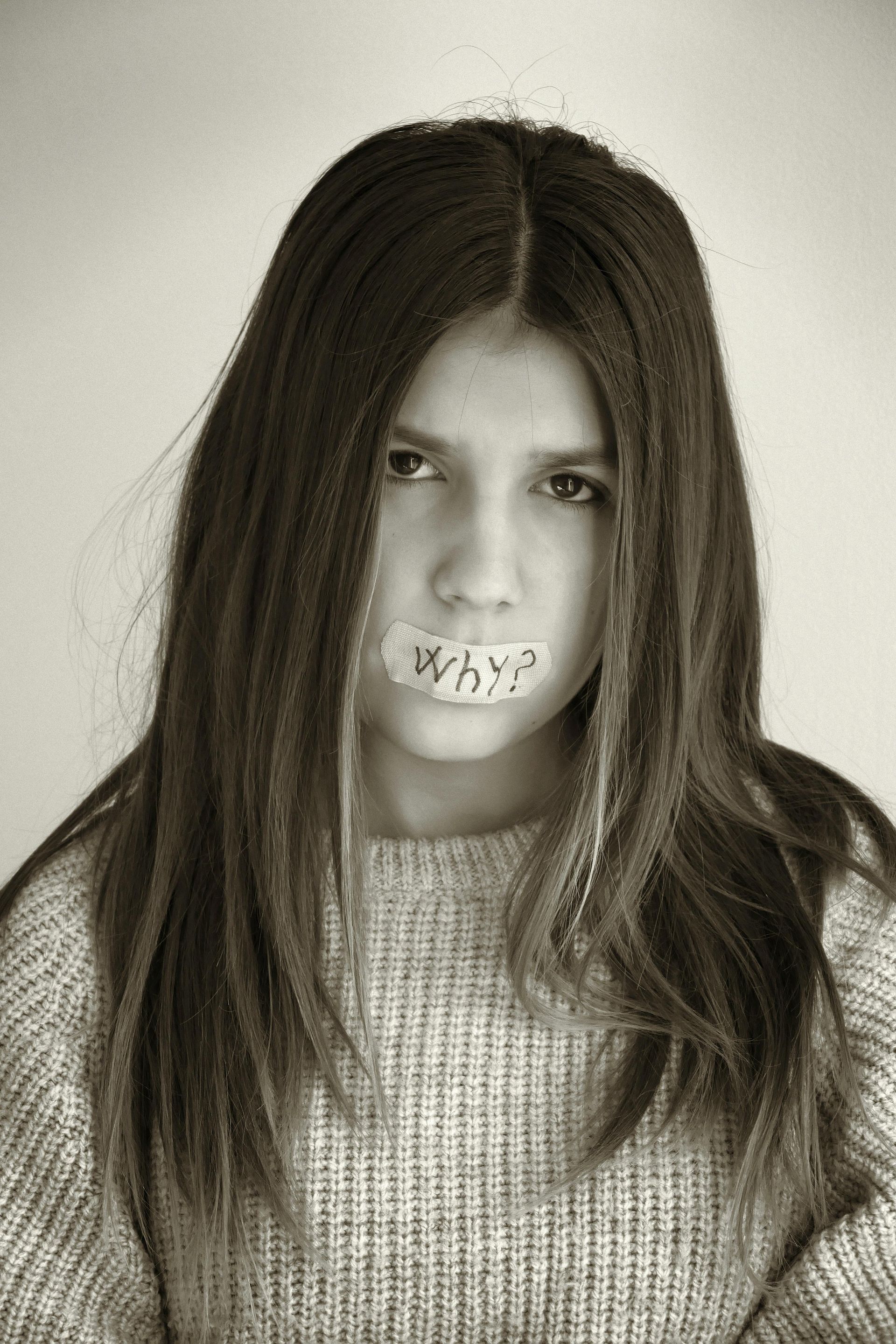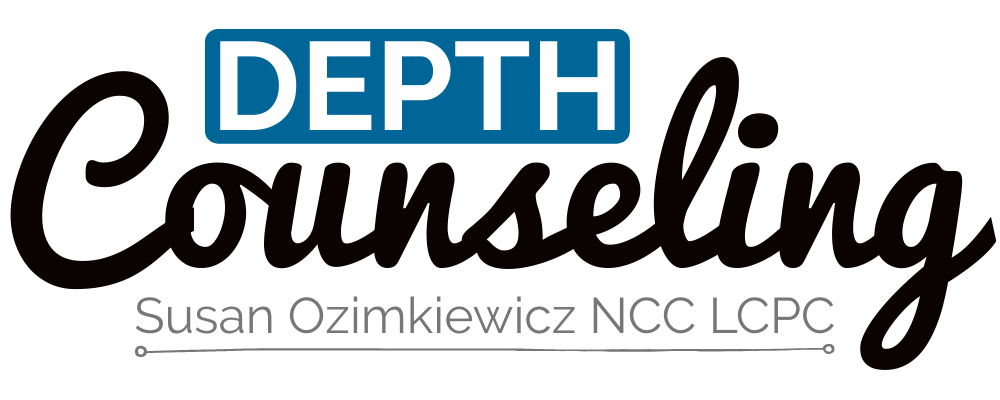Identity – Nobody
“It is clear that if a man has to become a nobody in order to survive, if he has to remain permanently invisible, he will have no identity, will never become socially integrated nor will he enjoy mental health.” − Joseba Achotegui
Sometimes my clients report to me that they are a nobody, or that they feel like a nobody. As a child, their parent would say something like, “Who do you think you are? “After me you come first,” or “you’re nobody.” The people that have felt this way also experience many of the following symptoms: stress, depressed mood, anxiety, fear, tension, irritability and frustration, self-deprecating thoughts, ruminations of worthlessness, body aches and pains, and a confusing fatigue. They come to depth psychotherapy to discover their own identity, who they are in the world as a complete and whole individual such that they feel they are not missing any parts and aspects of themselves.
Conversely
“You ask me my name. I shall tell you. My name is nobody and nobody is what everyone calls me (Odyssey, Song IX, 360).”
The poet Emily Dickinson describes an opposite point of view in her poem. She values her privacy. Her experience of being unrecognized, a nobody, gave her a spiritual and soulful quietude to contemplate and write. She did not want to be like a frog croaking about identity by always keeping a public profile that reminds everyone that one is a somebody. To become somebody is to know who you are in and of yourself, and your place in the world.
I’m nobody! Who are you?
Are you nobody, too?
Then there’s a pair of us—don’t tell!
They’d banish us, you know.
How dreary to be somebody!
How public, like a frog
To tell your name the livelong day
To an admiring bog!
During this current Pandemic many people are ‘sheltering in place.” This means that one has to be within and be with him or herself. A person might need to start discovering who they are as they learn to feel at home n their own skin and be safe in their own body because there are no outside distractions to focus on except themselves. The questions that one might consider to ask of him or herself are:
Who am I now at this time?
What am I listening to inside of myself?
What do I see and envision for myself now?
Where is my life going?
When I am free again who will I be?
“Your personal boundaries protect the inner core of your identity and your right to choices.” ─Gerard Manley Hopkins
© Ozimkiewicz







